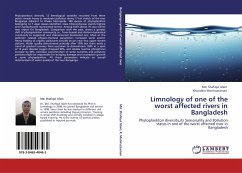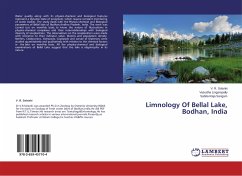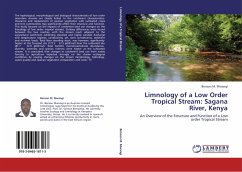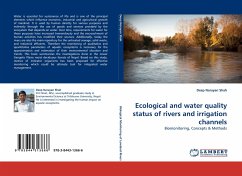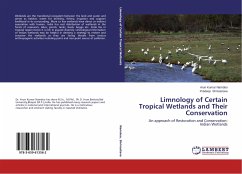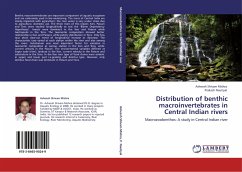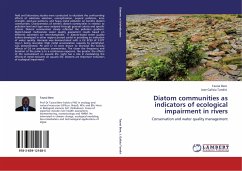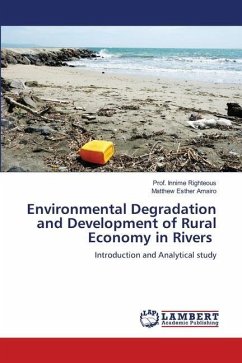Phytoplankton diversity, 13 limnological variables recorded from three points reveals heavy to moderate pollution along 17 km stretch of the river Buriganga adjacent to Dhaka Metropolis. 180 species of phytoplankton belonging to 7 algal classes identified. Class Chlorophyceae stands highest and Cryptophyceae represented lowest. Among them about 70 taxa will be new report for Bangladesh. Comparison with the past, shows a greater shift of phytoplankton community i.e., from desmid and diatom dominated community to euglenoid and chlorococcoid dominated one. Most of the pollution related physico-chemical parameters increased some extent. Heavy loading of organic pollutants actually occurs near two upper stream stations. Water quality deteriorated seriously after 1995 but there exists a trend of gradual recovery from upstream to downstream. With in a span of 12 years dissolve oxygen dropped 90%, and soluble reactive phosphorus increase by 68%. Excessive concentration of some nutrients and pollutant particles might be responsible for bringing damage and incomplete growth in some phytoplankton. All these parameters indicate an overall deterioration of water quality of the river Buriganga.
Hinweis: Dieser Artikel kann nur an eine deutsche Lieferadresse ausgeliefert werden.
Hinweis: Dieser Artikel kann nur an eine deutsche Lieferadresse ausgeliefert werden.

